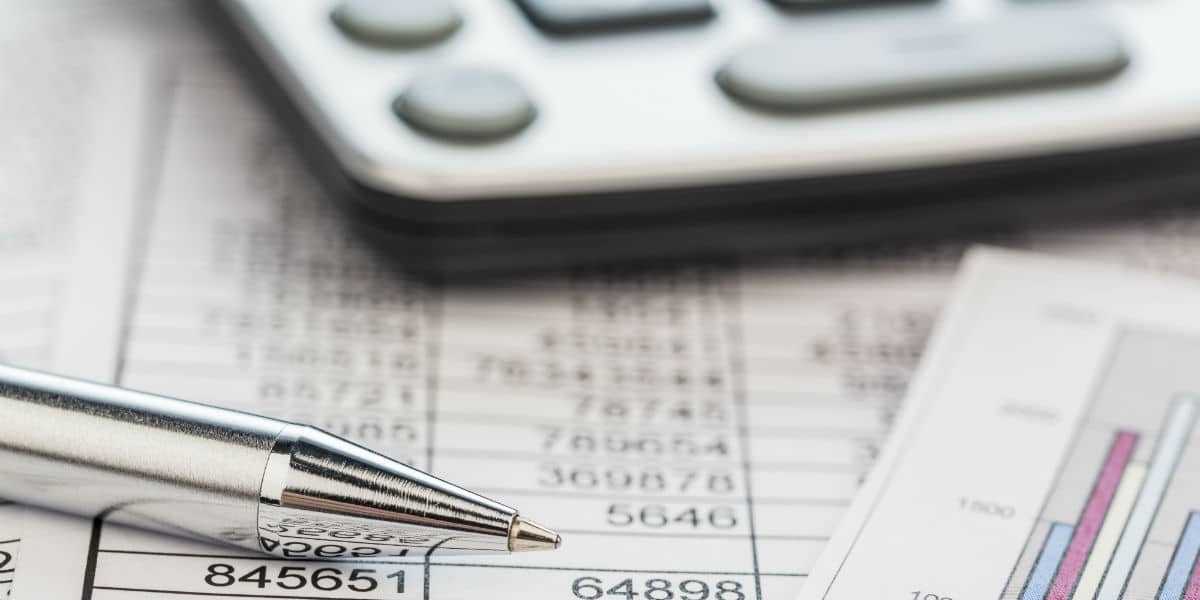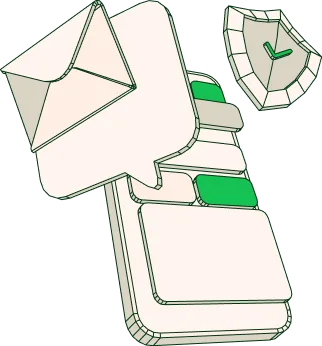How do I determine my VAT rate?
As an independent professional, how do you determine your VAT rate? The tax authorities set a number of VAT rates for this purpose: 21 percent, 6 percent or the zero rate. Which rate you must use depends on the product or service you provide.
21 percent
Since 2012, the general VAT rate has been increased: from 19 percent to 21 percent. This applies to all products and services that are not covered by another rate or are exempt. Most ZP'ers must use this rate.
Exemption
Exemption means that no sales tax is charged on the fee. If you work as an independent journalist, doctor, nurse or insurance advisor, an exemption applies.
Note that the exemption does not always apply. For example, a journalist is only exempt from VAT if it is a journalistic production. For example, if you write an advertising copy on assignment, you simply have to charge 21 percent VAT on it. Sometimes it is difficult to determine whether something is journalistic or not. Would you like to be sure you are exempt from VAT? Then call the Tax Information Line.”
6 percent
This is a reduced VAT rate. It applies, for example, to food and drink, medicines, books, hairdressing services and bicycle repair. Since 2013, this VAT rate also applied to labor hours in construction, but this temporary government regulation will be lifted again on July 1, 2015. Entrepreneurs in this sector will then again pay the general VAT rate of 21 percent. Read here about which other goods and services you can charge 6 percent VAT on.
Note that in June 2015, the cabinet decided to increase the VAT rate on many products from 6 to 21 percent. Only on primary foods will the low VAT rate continue to apply. Because the cabinet failed to gain a majority in the Senate with this proposal, supporters of a higher rate are now seeking support from the opposition.

Zero rate
The zero rate applies to goods exported to companies abroad and also consumed there. You don't have to charge VAT on these goods because the sales tax only seeks to tax consumption in the Netherlands. The 'destination country principle' applies to the supply of products and services to entrepreneurs and legal entities in EU countries. This means that sales tax is levied in the EU country to which the goods are shipped.
Please note that if you supply goods or services to individuals in other EU countries, then you do have to levy VAT.
- Find a suitable assignment
- Place a bid
- Simple contract processing
- Getting Started
- Fast disbursement
